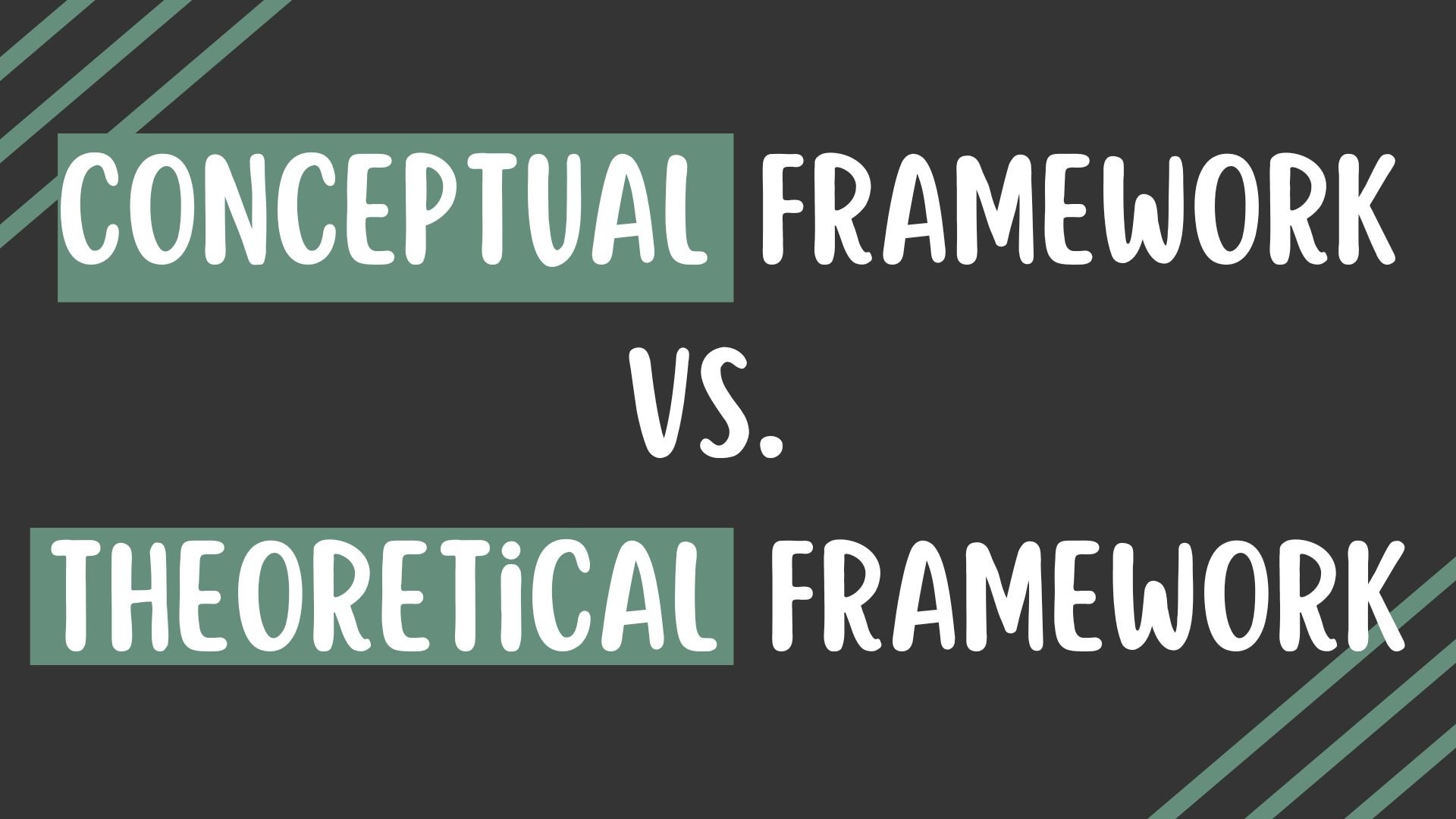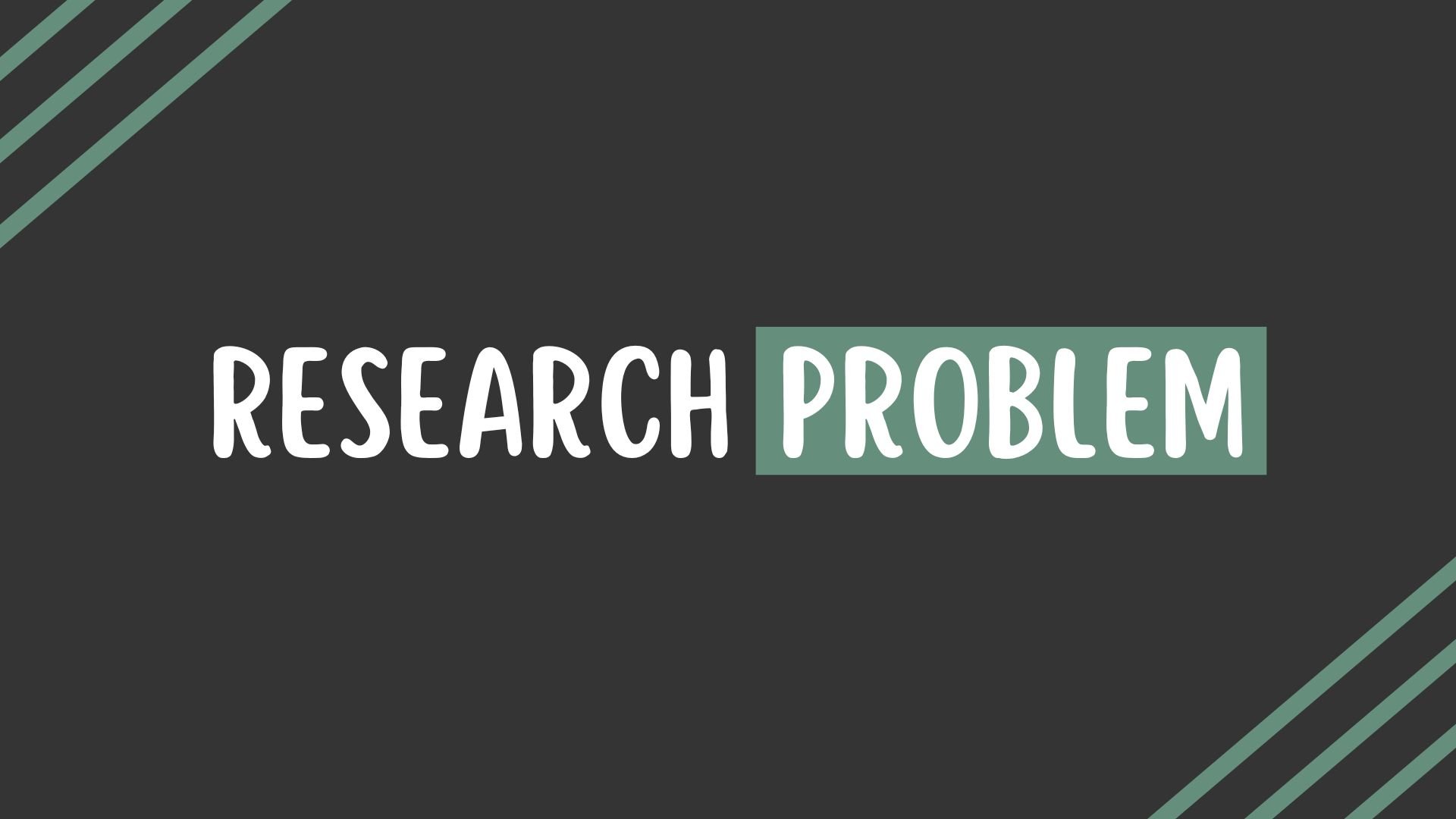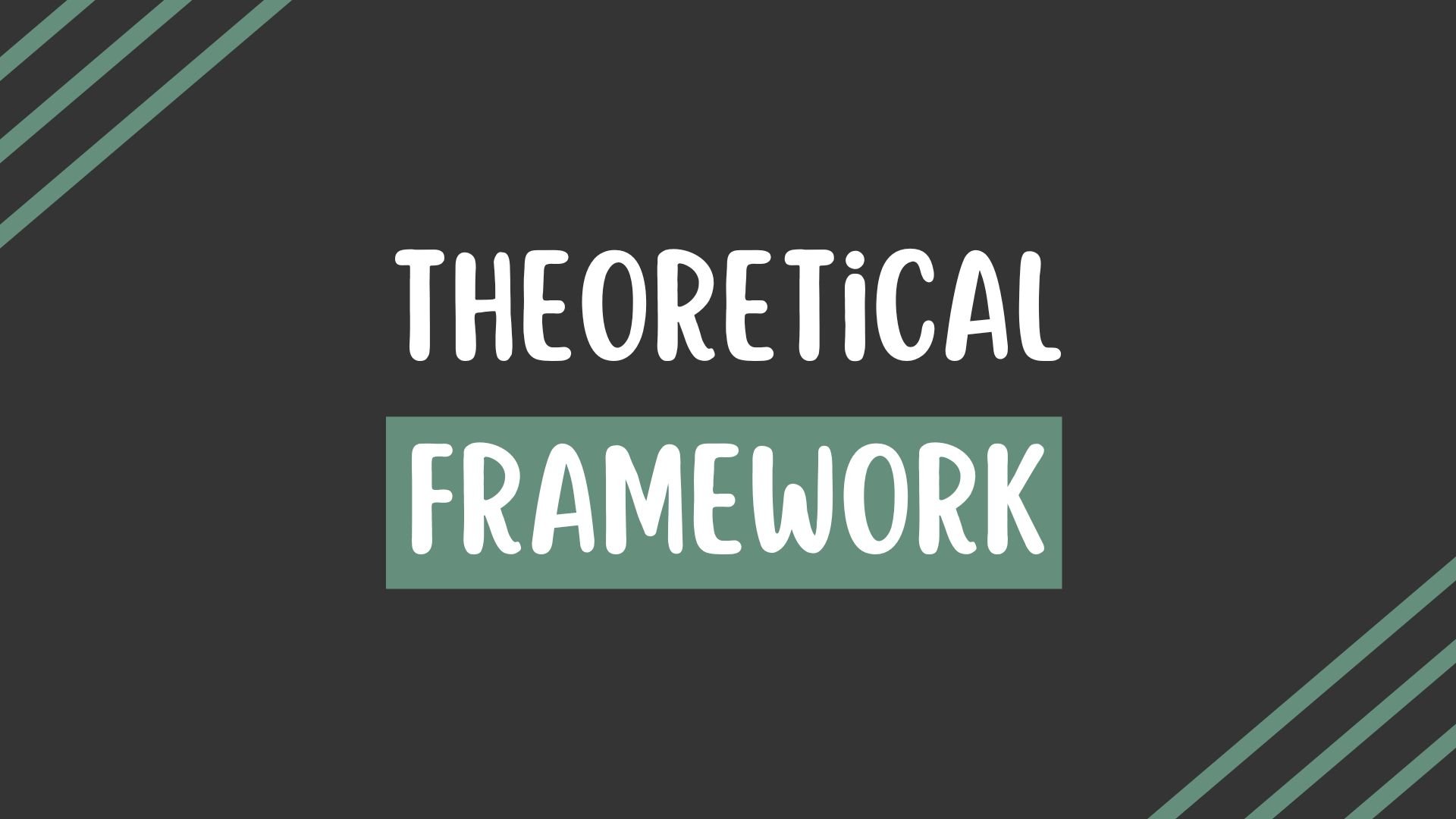

Leadership Essay Examples: 400, 500, 600, and 1000 Word Samples
- January 5, 2024
Dr. Marvin L. Smith
Leadership is a vital skill that shapes organizations and societies. Studying leadership through essay examples offers valuable insights into effective leadership strategies and challenges. This article focuses on leadership essay examples ranging from 400 to 1000 words, providing a balanced exploration of leadership concepts.
From ethical decision-making to navigating cultural differences, these examples demonstrate leadership’s multifaceted nature. They provide readers with opportunities to analyze real-world scenarios, understand various leadership styles, and gain inspiration for personal development.
Whether you’re a student, professional, or educator, these 400 to 1000-word leadership essays offer a rich resource for understanding effective leadership. As we explore these examples, we’ll uncover key themes and insights that contribute to our understanding of great leadership, encouraging reflection on personal leadership potential and growth areas.
What is a leadership essay?
A leadership essay explores the concept of leadership, its aspects, and its importance in various contexts. It demonstrates a student’s understanding of leadership principles and their ability to analyze leadership styles.
These essays may define leadership, discuss theories, analyze famous leaders, or explore personal leadership experiences.
They typically include an introduction with a thesis, body paragraphs developing main ideas, and examples from history, current events, or personal experiences.
Leadership essays require critical thinking and analysis, often asking students to evaluate strategies, compare styles, or argue for effective leadership qualities.
Many encourage personal reflection on leadership potential and experiences. Due to leadership’s interdisciplinary nature, these essays may draw from fields like business, politics, education, and social sciences.
Examples of leadership essay
In this article, we present four leadership essay examples of varying lengths, each focusing on a distinct aspect of leadership.
These examples demonstrate how to effectively structure and develop ideas within different word limits.
Ready to transform your writing experience?
Sign up for Blainy today and start writing your papers with confidence!
The Evolution of Leadership Styles in the Digital Age (400 words leadership essay example)
Introduction:
The digital revolution has fundamentally transformed the landscape of leadership, necessitating a shift in traditional leadership paradigms. As technology reshapes communication, collaboration, and organizational structures, leaders must adapt their styles to effectively guide their teams in this new era.
1. Managing Remote and Distributed Teams:
One significant change is the rise of remote and distributed teams. Leaders now manage employees across different time zones and cultures, often without face-to-face interaction. This shift demands a more trust-based leadership approach, emphasizing clear communication and results-oriented management rather than micromanagement. Successful digital-age leaders foster autonomy while maintaining team cohesion through virtual platforms and collaborative tools.
2. Embracing Adaptability and Innovation:
The rapid pace of technological change has elevated the importance of adaptability in leadership. Today’s leaders must be lifelong learners, continuously updating their skills and knowledge to stay relevant. They need to embrace innovation, encouraging their teams to experiment with new technologies and processes. This adaptive leadership style promotes a culture of agility and resilience, essential for navigating the unpredictable digital landscape.
3. Data-Driven Decision Making:
Data-driven decision-making has become another hallmark of digital-age leadership. With access to vast amounts of information, leaders are expected to leverage analytics to inform their strategies. This approach requires a balance between data interpretation and human insight, combining quantitative analysis with emotional intelligence to make well-rounded decisions.
4. Collaborative and Participative Leadership:
The digital age has democratized information, flattening traditional hierarchies. This shift has given rise to more collaborative and participative leadership styles. Effective leaders now act as facilitators, encouraging knowledge sharing and collective problem-solving. They create platforms for open dialogue and harness the collective intelligence of their teams.
5. Transparency and Authenticity:
Transparency and authenticity have gained newfound importance in the digital era. With information readily accessible and shareable, leaders must maintain consistency between their words and actions. Social media and digital platforms have blurred the lines between professional and personal personas, requiring leaders to cultivate a genuine online presence that aligns with their organizational values.
Conclusion:
The digital age has ushered in a new paradigm of leadership. Successful leaders in this era are those who can navigate the complexities of virtual teams, embrace continuous learning, leverage data effectively, foster collaboration, and maintain authenticity. As technology continues to evolve, so too must leadership styles, adapting to meet the challenges and opportunities of our increasingly digital world.
Emotional Intelligence: The Cornerstone of Effective Leadership (500 words leadership essay example)
In the complex landscape of modern leadership, emotional intelligence (EI) has emerged as a critical factor distinguishing exceptional leaders from their peers. This essay explores how EI forms the cornerstone of effective leadership, enhancing decision-making, team dynamics, and organizational success.
1. Understanding Emotional Intelligence in Leadership:
Emotional intelligence, as defined by psychologist Daniel Goleman, encompasses self-awareness, self-regulation, motivation, empathy, and social skills. In leadership, these components translate into the ability to recognize and manage one’s own emotions while understanding and influencing the emotions of others. Leaders with high EI can navigate complex interpersonal situations, foster positive work environments, and inspire their teams to achieve collective goals.
2. Self-Awareness: The Foundation of Emotional Intelligence:
Self-awareness forms the bedrock of emotional intelligence in leadership. Leaders who possess a deep understanding of their own emotions, strengths, weaknesses, values, and motivations are better equipped to lead authentically. This self-knowledge allows them to recognize how their emotions impact their behavior and decision-making, enabling them to respond more effectively to challenging situations. Self-aware leaders are also more likely to seek feedback and continuously improve their leadership skills.
3. Empathy: Building Stronger Team Relationships:
Empathy, a key component of EI, enables leaders to connect with their team members on a deeper level. By understanding and sharing the feelings of others, emotionally intelligent leaders can create a supportive work environment where employees feel valued and understood. This empathetic approach fosters trust, improves communication, and enhances team cohesion. Leaders who demonstrate empathy are better positioned to motivate their teams, resolve conflicts, and navigate the diverse perspectives within an organization.
4. Emotional Regulation: Maintaining Composure Under Pressure:
The ability to regulate one’s emotions is crucial for effective leadership, particularly in high-stress situations. Leaders with strong emotional regulation can remain calm and composed when facing challenges, making rational decisions rather than reacting impulsively. This composure not only helps in crisis management but also sets a positive example for the team, promoting a culture of resilience and level-headedness.
5. Social Skills: Fostering Collaboration and Influence:
Emotionally intelligent leaders excel in social skills, which are essential for building and maintaining relationships, influencing others, and navigating organizational politics. These skills enable leaders to communicate effectively, resolve conflicts diplomatically, and build networks that support their goals and those of their organization. By leveraging their social skills, leaders can create a collaborative work environment that encourages innovation and drives organizational success.
6. Motivation: Inspiring and Driving Performance:
Leaders with high EI are often intrinsically motivated and can effectively inspire and motivate their teams. They understand what drives their team members and can align individual goals with organizational objectives. This ability to motivate goes beyond simple reward systems, tapping into employees’ intrinsic motivations and creating a sense of purpose and engagement in their work.
Emotional intelligence is not just a desirable trait in leadership; it is a fundamental skill set that underpins effective leadership in today’s complex and dynamic business environment. Leaders who cultivate and leverage their emotional intelligence can create more engaged teams, navigate organizational challenges with greater finesse, and drive sustainable success. As organizations continue to evolve, the importance of emotional intelligence in leadership will only grow, making it an essential area of focus for current and aspiring leaders alike.
Ethical Leadership in Times of Crisis (600 words leadership essay example)
In an era of global uncertainties and rapid changes, ethical leadership has become crucial. This essay explores the significance of ethical leadership during crises, examining how principled decision-making and moral integrity can guide organizations through turbulent times while maintaining trust and respect.
1. The Foundation of Ethical Leadership:
Ethical leadership is rooted in a strong moral compass and a commitment to doing what is right, even when faced with difficult choices. During crises, these foundational principles become even more critical as they provide a stable framework for decision-making amidst chaos and uncertainty.
2. Transparency and Communication:
One hallmark of ethical leadership during crises is transparent communication. Ethical leaders provide clear, honest, and timely information about challenges faced by the organization and steps being taken to address them. This transparency builds trust and credibility, essential elements in maintaining stakeholder support during difficult times.
3. Balancing Stakeholder Interests:
Crises often require leaders to make tough decisions that may impact various stakeholders differently. Ethical leaders strive to balance these competing interests fairly and equitably. They consider the long-term consequences of their actions on employees, customers, shareholders, and the broader community.
4. Empathy and Compassion:
During crises, ethical leaders demonstrate empathy and compassion towards those affected. They understand the human impact of their decisions and take steps to mitigate negative consequences where possible. This might involve implementing support programs for employees, offering flexibility in customer policies, or contributing to community relief efforts.
5. Moral Courage and Difficult Decisions:
Crises often demand difficult decisions that may be unpopular or risky. Ethical leaders must have the moral courage to make these decisions based on principles rather than expediency. This might involve admitting mistakes, taking responsibility for failures, or making choices that prioritize long-term sustainability over short-term profits.
6. Adaptability and Innovation:
While staying true to core ethical principles, leaders must also be adaptable in their approach to crisis management. This might mean reevaluating established practices, embracing technological solutions, or reimagining business models to address new realities. The key is to ensure that these adaptations align with the organization’s ethical framework.
7. Building Resilience:
Ethical leaders focus not just on surviving the immediate crisis but on building organizational resilience for the future. They use the crisis as an opportunity to reinforce ethical values, strengthen corporate culture, and develop more robust systems and processes.
8. Accountability and Learning:
After the immediate crisis has passed, ethical leaders maintain accountability for their actions and decisions. They encourage a culture of learning, conducting thorough post-crisis reviews to understand what worked well and what could be improved. This commitment to accountability and continuous improvement reinforces ethical practices and helps prevent future crises.
Ethical leadership in times of crisis is not just about maintaining moral standards; it’s about leveraging those standards to guide an organization through turbulent times. Leaders who prioritize ethical decision-making, transparency, empathy, and accountability are better equipped to navigate crises while maintaining the trust and respect of their stakeholders. In an increasingly complex and volatile world, such ethical leadership is essential for long-term organizational success and societal well-being. As we face future challenges, the principles of ethical leadership will continue to serve as a beacon, guiding leaders and their organizations through the storms of uncertainty towards a more stable and sustainable future.
Cross-Cultural Leadership: Navigating Global Diversity in the Modern Workplace (1000 words leadership essay example)
In today’s interconnected world, cross-cultural leadership has become an essential skill for managers and executives operating in global environments. This essay explores the challenges and opportunities presented by cultural diversity in the workplace, and how effective leaders can navigate these complexities to foster innovation, collaboration, and organizational success.
Cross-cultural leadership refers to the ability to lead and manage teams composed of individuals from diverse cultural backgrounds. It requires a deep understanding of cultural differences, including values, communication styles, work ethics, and decision-making processes. Effective cross-cultural leaders possess cultural intelligence (CQ), which enables them to adapt their leadership style to different cultural contexts and bridge gaps between diverse team members.
Key Challenges in Cross-Cultural Leadership:
1. Communication Barriers:
One of the primary challenges in cross-cultural leadership is overcoming communication barriers. These can stem from language differences, varying communication styles (direct vs. indirect), and nonverbal cues that may have different meanings across cultures. Misunderstandings can lead to conflicts, reduced productivity, and missed opportunities for collaboration.
2. Diverse Work Ethics and Expectations:
Different cultures often have varying perspectives on work-life balance, time management, and professional conduct. For instance, some cultures prioritize punctuality and strict adherence to schedules, while others may have a more flexible approach to time. These differences can create friction within teams and impact project timelines if not properly addressed.
3. Decision-Making Processes:
Cultural backgrounds significantly influence decision-making styles. Some cultures value consensus and group decision-making, while others prefer hierarchical structures where decisions are made by those in authority. Cross-cultural leaders must navigate these differences to ensure all team members feel valued and included in the decision-making process.
4. Conflict Resolution:
Approaches to conflict resolution can vary greatly across cultures. Some may prefer direct confrontation, while others might seek to avoid conflict altogether. Effective cross-cultural leaders must be adept at recognizing these differences and employing appropriate strategies to resolve conflicts in a culturally sensitive manner.
5. Building Trust:
Trust is a critical component of effective leadership, but the process of building trust can differ significantly across cultures. What may be seen as trustworthy behavior in one culture might be perceived as unreliable or insincere in another. Cross-cultural leaders must be aware of these nuances and adapt their approach to building relationships accordingly.
Strategies for Effective Cross-Cultural Leadership:
1. Develop Cultural Intelligence:
Leaders should actively work on developing their cultural intelligence by learning about different cultures, their values, and norms. This can be achieved through formal training, immersive experiences, and regular interaction with people from diverse backgrounds. High CQ enables leaders to anticipate cultural differences and adapt their leadership style accordingly.
2. Practice Active Listening and Empathy:
Cross-cultural leaders must cultivate strong listening skills and empathy to understand the perspectives of team members from different cultural backgrounds. This involves paying attention to both verbal and non-verbal cues, asking clarifying questions, and showing genuine interest in others’ viewpoints.
3. Promote Inclusive Communication:
Establish clear communication protocols that accommodate different cultural styles. This might include using simple language, providing written summaries of meetings, and encouraging team members to ask questions or seek clarification. Leaders should also be mindful of their own communication style and adapt it to ensure clarity across cultures.
4. Create a Culture of Respect and Inclusion:
Foster an organizational culture that values diversity and promotes inclusion. This involves celebrating cultural differences, providing equal opportunities for all team members, and addressing any instances of discrimination or bias promptly and effectively.
5. Implement Cross-Cultural Training Programs:
Invest in comprehensive cross-cultural training programs for all employees, not just leaders. These programs should cover topics such as cultural awareness, unconscious bias, and effective cross-cultural communication. Regular training helps create a more culturally competent workforce and reduces the likelihood of misunderstandings.
6. Establish Clear Expectations and Guidelines:
Develop and communicate clear expectations regarding work ethics, deadlines, and professional conduct. While allowing for some cultural flexibility, having a set of core organizational values and guidelines helps create a common framework for all team members, regardless of their cultural background.
7. Encourage Knowledge Sharing:
Create opportunities for team members to share their cultural knowledge and experiences. This can be done through informal cultural exchange sessions, diversity celebrations, or mentoring programs. Such initiatives promote mutual understanding and help build stronger relationships across cultural divides.
8. Adapt Leadership Styles:
Effective cross-cultural leaders must be flexible in their leadership approach. This might involve adapting decision-making processes, feedback mechanisms, or motivational strategies to align with the cultural preferences of team members. The ability to switch between different leadership styles as needed is crucial for success in diverse environments.
9. Leverage Diversity for Innovation:
Recognize and harness the power of diversity to drive innovation and creativity. Cross-cultural teams often bring together a wide range of perspectives and problem-solving approaches. Leaders should create an environment where diverse ideas are welcomed and integrated into the organization’s strategies and processes.
10. Continuous Learning and Adaptation:
Cross-cultural leadership is an ongoing learning process. Leaders should remain open to feedback, regularly assess their own biases and assumptions, and be willing to adapt their approaches based on new insights and experiences.
Cross-cultural leadership in the modern workplace presents both challenges and opportunities. By developing cultural intelligence, promoting inclusive practices, and adapting leadership styles, leaders can navigate the complexities of global diversity to create high-performing, innovative teams. As organizations continue to expand globally, the ability to lead across cultures will become increasingly vital for success. Those who master cross-cultural leadership will be well-positioned to thrive in the diverse, interconnected business landscape of the future, fostering environments where all team members can contribute their unique perspectives and talents to achieve common goals.
Leadership essay examples offer valuable insights into effective leadership across various contexts. They highlight key themes such as adaptability, ethical decision-making, cultural intelligence, clear communication, and continuous learning.
These examples demonstrate the complexity of leadership in diverse situations, from crisis management to cross-cultural team dynamics. By studying these essays, aspiring leaders and researchers can gain a deeper understanding of leadership challenges and strategies.
They provide practical insights and theoretical frameworks applicable to real-world scenarios, emphasizing the importance of developing a well-rounded leadership approach.
As leadership continues to evolve in response to global challenges, these examples serve as a foundation for understanding core leadership principles and inspire readers to reflect on and develop their own leadership skills.
Frequently asked questions
What is a leadership short essay.
A leadership short essay is a concise piece of writing, typically 400-1000 words, that explores various aspects of leadership. It may discuss leadership theories, personal experiences, case studies, or specific leadership qualities. These essays aim to convey key leadership concepts, challenges, or strategies in a focused and accessible manner.
What is leadership in 150 words?
Leadership is the ability to inspire, guide, and influence others towards achieving a common goal. It involves setting a clear vision, making strategic decisions, and motivating team members to perform at their best. Effective leaders demonstrate strong communication skills, emotional intelligence, and adaptability. They foster a positive environment, encourage innovation, and build trust within their teams. Leadership also requires ethical decision-making, accountability, and the capacity to navigate challenges. Great leaders empower others, recognize individual strengths, and promote personal growth. They balance assertiveness with empathy, and are willing to learn from both successes and failures. Leadership is not just about holding a position of authority; it’s about creating positive change, driving results, and developing future leaders. Ultimately, leadership is a continuous journey of self-improvement and the ability to bring out the best in others.
What are the qualities of good leadership essay?
When writing a good leadership essay, there are several key qualities to focus on. Here are some essential characteristics to include:
- Clear Thesis Statement : A good leadership essay should have a clear and concise thesis statement that sets the tone for the rest of the essay.
- Strong Argumentation : Effective argumentation is critical in a leadership essay. Use logical reasoning, evidence, and examples to support your claims.
- Use of Examples and Anecdotes : Incorporating real-life examples and anecdotes can help illustrate your points and make your essay more engaging.
- Analysis and Interpretation : Analyze and interpret the leadership concepts, theories, and models you’re discussing, and explain how they apply to real-world situations.
- Evidence-Based Research : Use credible sources to support your arguments, and provide evidence-based research to back up your claims.
- Organization and Structure : A good leadership essay should have a logical structure, with a clear introduction, body, and conclusion.
- Effective Use of Transitions : Use transitional phrases and words to connect your ideas and paragraphs, making your essay flow smoothly.
- Clear and Concise Language : Use clear and concise language, avoiding jargon and technical terms that may confuse your readers.
- Critical Thinking : Demonstrate critical thinking by evaluating different leadership approaches, identifying strengths and weaknesses, and proposing solutions.
- Conclusion and Recommendations : Summarize your main points, reiterate your thesis statement, and provide recommendations for future leadership development.
How do you start a leadership essay?
To start a leadership essay effectively:
- Begin with a hook: Use a relevant quote, anecdote, or thought-provoking question to engage the reader.
- Provide context: Briefly explain the importance of leadership or the specific aspect you’ll be discussing.
- State your thesis: Clearly outline the main argument or focus of your essay.
- Preview main points: Briefly mention the key areas you’ll cover in your essay.
- Consider a personal connection: If appropriate, relate the topic to your own leadership experiences or aspirations.
What is leadership in 10 points?
- Vision: Setting clear, inspiring goals for the future.
- Communication: Effectively conveying ideas and listening to others.
- Integrity: Maintaining ethical standards and trustworthiness.
- Decision-making: Making timely and informed choices.
- Motivation: Inspiring and encouraging team members.
- Adaptability: Flexibly responding to changing situations.
- Empowerment: Delegating tasks and fostering others’ growth.
- Emotional Intelligence: Understanding and managing emotions.
- Problem-solving: Addressing challenges creatively and efficiently.
- Continuous Learning: Embracing personal growth and development.
About the Author:
Related posts.

Capstone Projects 101: Definition, Purpose, and More

How to Rephrase a Thesis Statement in 4 Easy Steps

Conceptual Framework vs. Theoretical Framework


How to Write a Problem Statement That Get Results (with 3 Examples)

How to Write a Research Problem: Types, Importance, and Example

Theoretical Framework in Research: Definition, Types & Examples

Unlock effortless writing excellence with the world's #1 AI-powered essay and research paper writer. Experience instant research paper perfection and elevate your writing to the next level.
Discover more.
50+ Free AI Tools
Terms & Condition
Privacy Policy
✉ [email protected]
✆ +971 50 760 0820
📍190 Hackett Inlet, Eastern Region, Dubai, UAE.
Copyright © 2024 Blainy

45,000+ students realised their study abroad dream with us. Take the first step today
Meet top uk universities from the comfort of your home, here’s your new year gift, one app for all your, study abroad needs, start your journey, track your progress, grow with the community and so much more.

Verification Code
An OTP has been sent to your registered mobile no. Please verify

Thanks for your comment !
Our team will review it before it's shown to our readers.

- School Education /
Essay on Leadership: Samples in 100, 200, 300 Words

- Updated on
- Oct 7, 2023

The concept of leadership has been known to us since ancient times, from Ashoka: The Great to modern-day democratic leaders. Whether it’s politics or business, sports or entertainment, leadership is an essential part of human society, Leadership is the art of inspiring and guiding people towards a common goal.
Critics might argue that being a leader is just about holding a prestigious position and living a fancy life. That might be 1 in 1000 cases, as leaders across the globe work for the welfare and development of their people and country. Below we have discussed some essays on leadership where the multifaceted roles of this position are highlighted.
Table of Contents
- 1 Essay on Leadership in 100 Words
- 2 Essay on Leadership in 200 Words
- 3 Essay on Leadership in 300 Words
Also Read – Essay on Summer Vacation
Essay on Leadership in 100 Words
Leadership involves a set of qualities, values and actions, which are focused on the benefit of people and their country. A person holding the position of a leader plays a pivotal role in every facet of life, influencing the direction and success of organizations, communities, and nations. To become a leader, one must have a clear vision to understand a future state that is better than the present and communicate that vision to their team or followers.
A leader’s actions should be aligned with their words, and they must demonstrate their honesty, transparency and ethical behaviour. Trust is the foundation for any successful leadership, and it is built through consistent ethical conduct.
Essay on Leadership in 200 Words
Leadership is a complex and multifaceted concept and is an essential part of developing a society or organisation. Leadership can involve various positions and types, from democratic to autocratic, where the leaders inspire and empower their teams, fostering an environment where individuals can thrive and achieve their fullest potential.
Effective leadership involves skilled communicators to can convey ideas, expectations, and feedback clearly and persuasively. They also listen actively to their team’s input and concerns. A great leader empowers a team of professionals by entrusting them with responsibilities and decision-making authority. With the formation of delegates, the power of leadership is divided among different authorities who are responsible for fostering growth and development among team members, making the organization more robust.
Some of the fundamentals of leadership are authenticity, integrity, ethical behaviour, a clear vision and other vital traits. Trust is the bedrock of leadership, and it is built through honesty, transparency, and consistency in actions and decisions. A leader who understands and cares about the needs and concerns of their team fosters strong relationships, promoting collaboration and cohesion.
At last, leadership is more than a title; it’s the embodiment of vision, integrity, empathy, communication and resilience. Effective leaders work to bring positive changes, inspire people around them and create a sense of purpose and direction in their terms and organizations.
Also Read – Essay on Cricket
Essay on Leadership in 300 Words
Leadership is a vital concept for the welfare of a society, community or country, depending on what the leadership is about. A leader transcends boundaries and is fundamental to human endeavours in various domains. Their job involves the ability to influence and guide a group of individuals toward achieving a common objective. Effective leadership is characterized by a combination of qualities, skills, and behaviours that inspire, motivate, and empower a team.
The first and most important aspect of a successful leader is having a clear vision. A clear vision works as a guiding light, outlining the desired future and providing a sense of purpose and direction for the team. Leaders with a compelling vision can inspire and rally their followers, creating a shared sense of purpose.
The other cornerstone of leadership is integrity. Leaders must demonstrate honesty, transparency, and ethical behaviour. Trust, which is essential in any team or organization, is built on the foundation of integrity. When people believe that their leader acts with integrity, they are more likely to follow willingly and commit to the cause.
Another trait that is essential for effective leadership is empathy. Leaders with empathy understand and connect with the emotions, needs, and perspectives of their team members. By showing compassion and actively listening, they create a supportive and inclusive environment that fosters trust and collaboration.
Apart from these traits, other important qualities for effective leadership include effective communication and interpersonal skills. A leader must be able to articulate their vision, goals, and expectations clearly and persuasively.
In conclusion, leadership is a multifaceted concept that plays a pivotal role towards the positive growth and development of organizations, communities, and societies. Effective leaders inspire their teams, create a sense of purpose, and drive positive change. Leadership is not merely a position; it is a journey of personal growth and a commitment to serving the greater good.
Related Articles:
- Essay on Knowledge is Power
- Essay on Morning Walk for Students
- Essay on Discipline
- Essay on the Importance of Education
Some of the synonyms for a leader are: Coach, Captain, Principal, Chairman, Kingpin, Boss, CEO, etc.
What makes a good leader is their ability to persuade people using their effective communication skills, having a clear vision working towards the welfare of society, and taking responsibility for their actions.
Writing an essay on leadership in 200 words must include the fundamental aspects of leadership and the qualities they must possess. Effective leaders around the world create a supportive and inclusive environment where people can thrive and contribute their best efforts. They inspire a shared sense of purpose, foster collaboration, and guide their teams toward achieving collective goals.
For more information about such informative articles, visit our essay writing page and make sure to follow Leverage Edu .
Shiva Tyagi
With an experience of over a year, I've developed a passion for writing blogs on wide range of topics. I am mostly inspired from topics related to social and environmental fields, where you come up with a positive outcome.
Leave a Reply Cancel reply
Save my name, email, and website in this browser for the next time I comment.
Contact no. *

Connect With Us
45,000+ students realised their study abroad dream with us. take the first step today..

Resend OTP in

Need help with?
Study abroad.
UK, Canada, US & More
IELTS, GRE, GMAT & More
Scholarship, Loans & Forex
Country Preference
New Zealand
Which English test are you planning to take?
Which academic test are you planning to take.
Not Sure yet
When are you planning to take the exam?
Already booked my exam slot
Within 2 Months
Want to learn about the test
Which Degree do you wish to pursue?
When do you want to start studying abroad.
January 2025
September 2025
What is your budget to study abroad?

How would you describe this article ?
Please rate this article
We would like to hear more.
Have something on your mind?

Make your study abroad dream a reality in January 2022 with
India's Biggest Virtual University Fair

Essex Direct Admission Day
Why attend .

Don't Miss Out

IMAGES
VIDEO
COMMENTS
1000 Word on Leadership. Categories: Leadership Leadership and Management. Words: 1048 | Pages: 2 | 6 min read. Published: Jun 24, 2024. At its core, leadership can be …
This article focuses on leadership essay examples ranging from 400 to 1000 words, providing a balanced exploration of leadership concepts. From ethical decision-making to navigating cultural differences, these …
1000 Word Essay on Leadership. “A good leader takes a little more than his share of the blame, a little less than his share of credit” – Arnold H. Glasow. Leadership is the art of leading a …
In order to enhance your career in the right direction and to inspire people around you, it is necessary to advance the quality of leadership. However, it is important to understand …
Nearly every school will provide a word limit, typically ranging from 250 words (for supplemental essays) potentially all the way up to 1,000 words. In the rare event that you don’t see an obvious word limit, stick to a maximum …
Writing an essay on leadership in 200 words must include the fundamental aspects of leadership and the qualities they must possess. Effective leaders around the world create a supportive and inclusive environment where …
Dive into jenni.ai's curated selection of leadership essays tailored for students. Ranging from concise 200-word insights to comprehensive 500-word analyses, find the …
In this article, we will give you 10 leadership essay examples and the PDFs so that you can download them and use them to learn how to write a leadership essay in case you …
This is the essence of leadership - the ability to lead and inspire others towards a shared purpose. In this essay, we will explore the importance of leadership, examining its role …